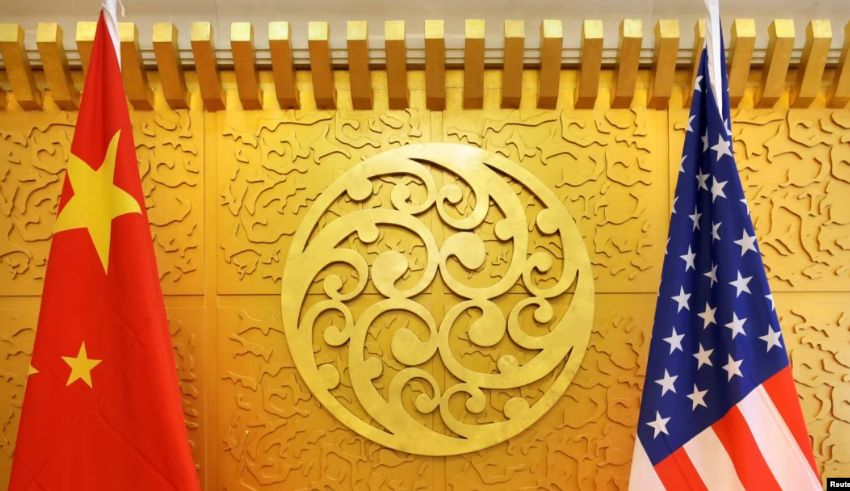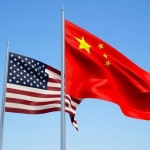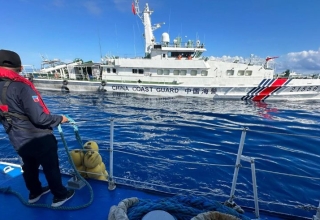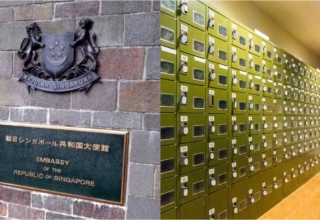
As the US navigates its complicated relationship with China, it is critical to realize the importance of engaging Southeast Asia on its own terms. Independent of the US-China conflict, the area is of enormous strategic, economic, and geopolitical significance.
Southeast Asia is strategically located, linking important trade routes and providing a gateway to the Indo-Pacific area. Beyond its conflict with China, the United States must understand Southeast Asia’s strategic importance. Engaging with the area allows the United States to retain a strong presence, form allies, and preserve its national interests, such as preserving freedom of passage, fostering democracy, and opposing security threats.
Southeast Asia is a fast rising economic powerhouse with a thriving consumer market and plentiful natural resources. The United States can tap into these economic prospects, boost trade and investment, and enhance economic alliances by aggressively engaging with the area. Economic cooperation with Southeast Asian countries helps not just the US economy but also regional prosperity and stability.
Cultural and People-to-People Exchanges
By engaging with Southeast Asia, the US may develop cultural understanding, educational exchanges, and people-to-people linkages. The United States may foster long-term partnerships, share ideas, and bridge cultural divides through investing in educational and cultural activities. These meetings foster mutual respect, enable cooperation, and build the groundwork for long-term collaborations that transcend geopolitical rivals.
Keep Reading
Southeast Asia has a number of security issues, including territorial conflicts, transnational crime, and terrorism. Active US involvement in the area may serve to improve regional stability and security cooperation. The United States may promote capacity-building activities, ease intelligence exchange, and contribute to counterterrorism measures by collaborating closely with Southeast Asian states. This kind of collaboration builds confidence, promotes regional security, and enables coordinated responses to new threats.
Engaging with Southeast Asia allows the US to promote democratic principles and human rights in the area. The United States may promote democratic institutions and foster more openness by pushing for good governance, respect for human rights, and the rule of law. These initiatives not only correspond with America’s basic beliefs, but also help to Southeast Asia’s long-term stability and inclusive prosperity.
Engaging Southeast Asia allows the US to address shared concerns that go beyond the US-China competition. Climate change, public health concerns, cybersecurity threats, and non-traditional security issues are among these difficulties. The United States can use collective knowledge, pool resources, and build comprehensive policies to address these global concerns that impact the whole international community by partnering with regional partners.
The US must realize the intrinsic importance of interacting with Southeast Asia on its own merits, regardless of the US-China competition. The United States can establish strong alliances, capitalize on economic opportunities, and handle shared issues by emphasizing stronger partnerships, maintaining regional stability, and maximizing mutual advantages. Engaging with Southeast Asia enables the US to build long-term ties, promote democratic ideals, and contribute to the region’s economy and security. By taking a comprehensive strategy to Southeast Asia, the US may help shape the region’s future while also protecting its own interests in the larger Indo-Pacific environment.



























